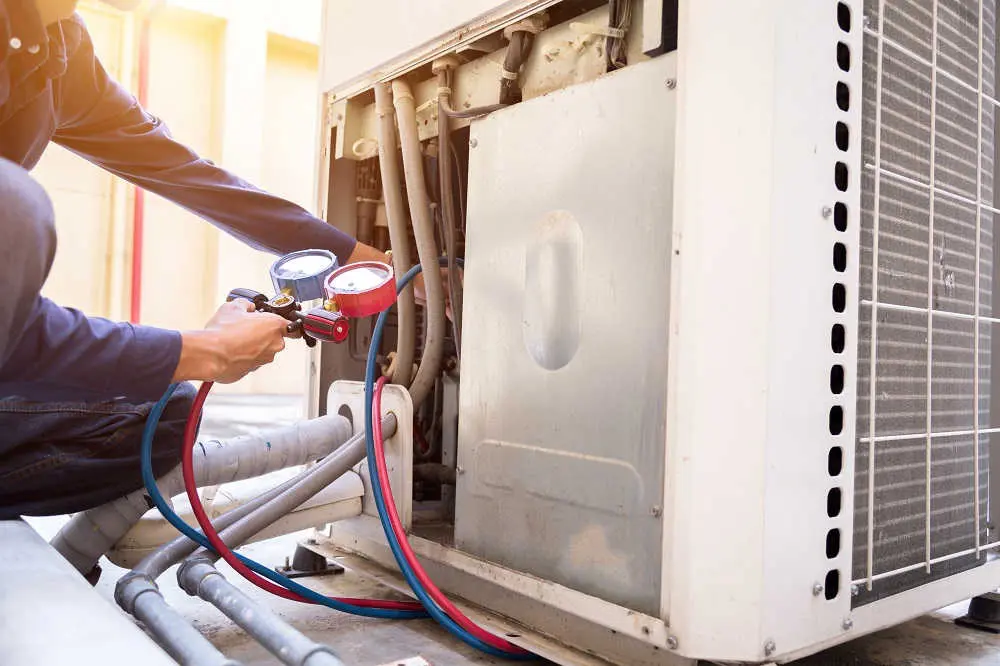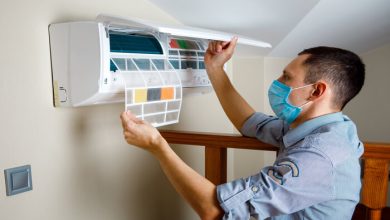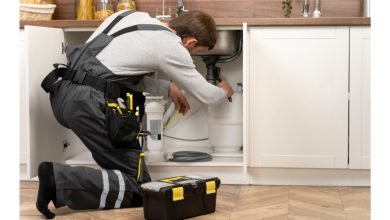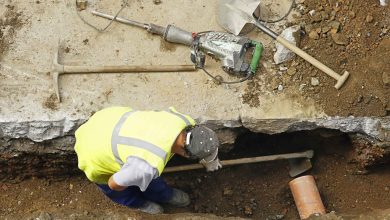
How Roof-Mounted AC Units Are Vulnerable To Storm Damage
Roof-mounted air conditioning units are a common choice for many homes and commercial buildings, especially when space on the ground is limited.
While they provide excellent cooling performance and save valuable yard space, they also face unique challenges when severe weather rolls in.
Storms can create the perfect recipe for damage, leaving you with costly repairs or even a full replacement.
So, what makes rooftop AC units especially vulnerable, and how can you protect them? Let’s take a closer look.
Physical Damage From Debris
One of the biggest threats to roof-mounted units comes from high winds and falling objects. Strong storms can hurl branches, shingles, and even loose outdoor items into the unit.
These impacts can bend or crush the condenser fins, block airflow, and reduce the system’s ability to cool efficiently. In more severe cases, heavy debris can dent the casing or knock the unit off balance, creating long-term mechanical issues.
Structural Strain On The Roof
Storm damage does not always affect the unit directly. Heavy rain and wind can lead to pooling water and built-up debris on your roof.
Over time, this added weight puts strain on both the roof structure and the AC unit’s mounting system.
If the roof itself is compromised, the AC is at even greater risk. A weakened roof could cause the system to shift, tilt, or lose stability, leading to additional repair costs.
Water Damage Risks
Although rooftop AC units are designed to handle rain, extreme weather can still push water where it does not belong.
Intense downpours may force water past worn seals or into electrical components. If water intrusion occurs, the unit can short out or corrode from the inside.
In rare cases of severe flooding, water can even submerge critical parts of the unit, making it unsafe to operate.
Electrical Hazards During Storms
Lightning strikes and power surges are another major risk. Storms often bring sudden surges that can travel through electrical systems and damage sensitive AC components.
Circuit boards, wiring, and capacitors are all vulnerable, and one strong surge can take the entire unit offline.
Preventing Storm Damage
The good news is that there are steps you can take to protect your rooftop AC system. Turning off the unit during a severe storm can prevent power surge damage.
Scheduling regular maintenance ensures seals, coils, and other components are in good shape.
Professional installation is also important, since a stable mounting system with proper clearance helps the unit withstand strong winds and debris.
Finally, don’t forget to have your roof inspected regularly. A strong, well-maintained roof provides the first line of defense for your AC system.
For expert service and dependable repairs, trust HELP Plumbing, Heating, Cooling, and Drains to keep your AC protected and performing at its best.




